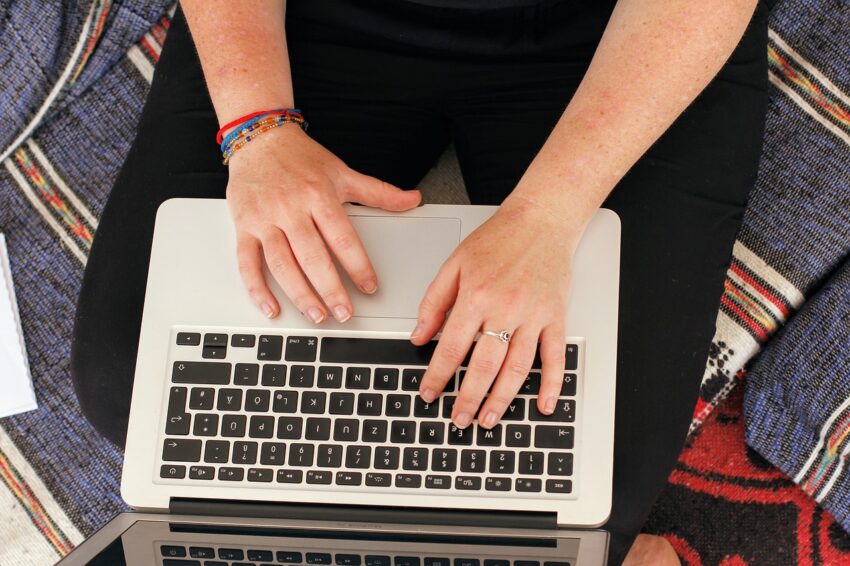Workplace stress can be challenging to recognize, as it presents differently for everyone. Remote work has only exacerbated the issue. A lack of social interaction, the temptation to work endlessly, and a lack of conversation combine to create a dangerous emotional cocktail.
The strain of prolonged isolation can lead to multiple mental health problems, including depression, anxiety, and insomnia. The best route to avoiding this is to take care of your health. Physically, that’s relatively easy.
Get some regular, light exercise. Keep yourself properly hydrated and ensure you’re getting proper nutrition. Make sure you get enough sleep and avoid the consumption of too much caffeine.
The mental side is a bit more challenging.
The first thing to remember is that there’s no “best way” to reduce stress. What works for you might not work for someone else. That said, there are some general strategies that can help.
Define Boundaries
Creating a boundary between work and home is something many people find beneficial. Either make sure you have a separate office space with a door you can close, or seek out a small cafe or city park in which to work if conditions allow. Remember also that your work should be put away when you’re done for the day.
Resist the urge to answer non-essential emails when you’re not on the clock. If your work can all be done in your home office on a desktop or laptop, it’s quite likely that you’ll work longer than intended since there isn’t a manager to remind you to take a break or finish up for the day – you need to be cognizant of this risk.
Create a Wind-Down Routine
A simple routine that you do at the end of your day can help your mind realize it’s time to put your work away and relax. You could try something like opening a window at the top of the last hour, cleaning up your desk area at the final thirty-minute mark, then finish by organizing your tasks for the next day and eating a small snack. The point is to pick something you can do and stick to it until it becomes a routine.
Shifting the way your brain functions isn’t as hard as you may think, it just takes consistency.
Take Actual Breaks
Taking a break can be difficult. You need to finish one task, then another, then one more, and suddenly it’s late evening. It’s important that you schedule and stick to allotted break-times, lest you end up in a vicious cycle of insomnia.
Consider setting an alarm. Once it goes off, get up and stop working for a bit, no matter what you were doing at the time. Eventually, these breaks will become part of your daily routine.
Leave Your Work in the Workplace
Do not, under any circumstances, take work with you on a holiday. It may be tempting to do so – you may think you’ll get the drop on the tasks waiting for you when you return – but you’ll just end up burning yourself out. Whether you’re taking a temporary break or a long-term one, allow yourself the time to relax, disconnect, and unwind.
Seek Interaction Where You Can
Spending time offline is essential, even if it’s just coffee with a coworker. Unfortunately, amidst COVID-19, that’s often easier said than done. It’s likely as not that you’ll need to get creative, perhaps through a remote movie night, online games, or a regular zoom call with friends or family.
There’s still much we do not yet know about the long-term effects of remote work – but current events give us a real opportunity to learn. Companies with remote teams need to be ensuring that employees aren’t stressed and overloaded with work. This may be a reasonably new working environment, but the remote format is here to stay for better or worse.
